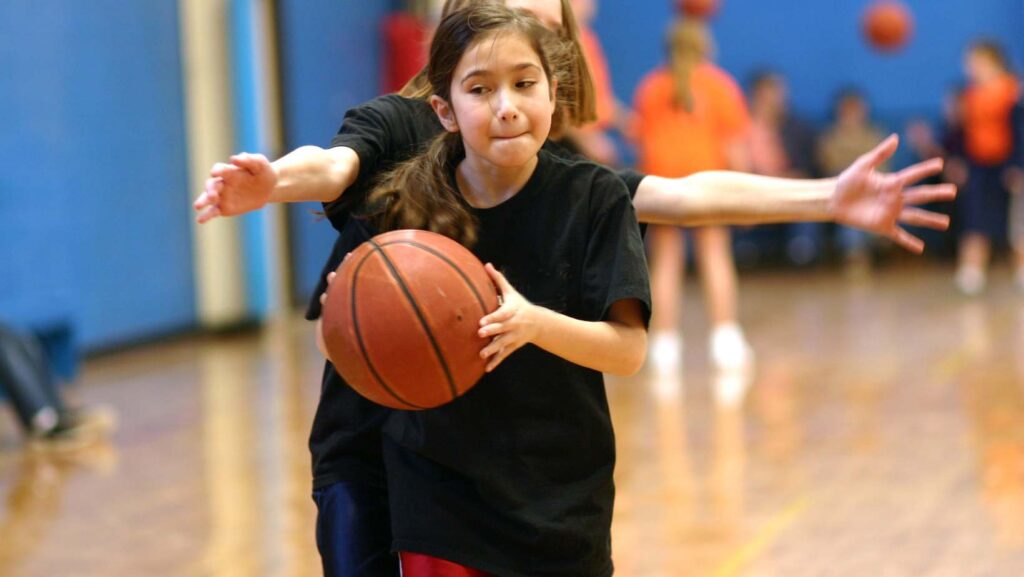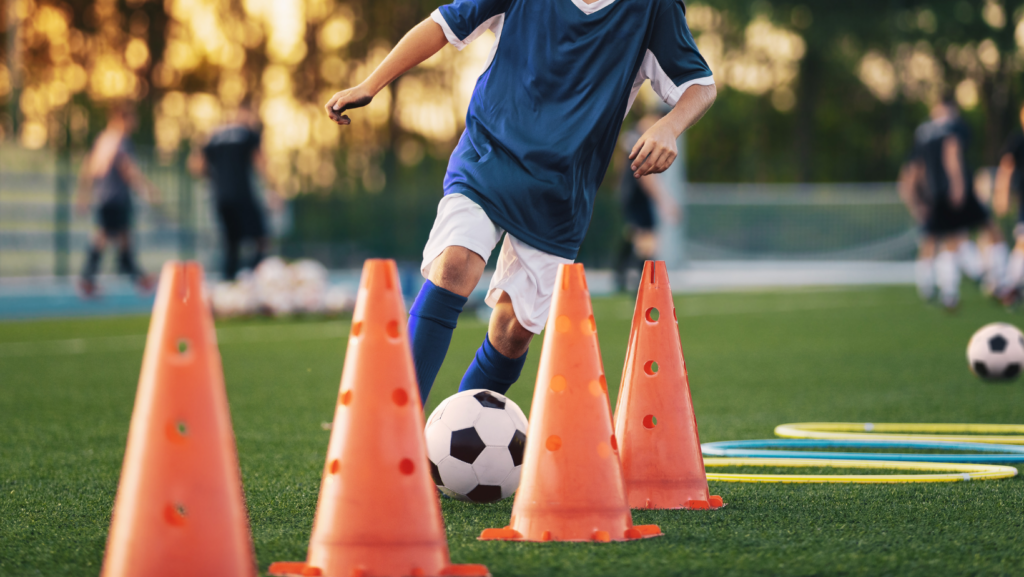Youth basketball training is more than just learning to dribble and shoot; it’s about building a strong foundation for both athletic and personal development. As young players lace up their sneakers and hit the court, they’re not only honing their physical skills but also cultivating teamwork, discipline, and resilience. These essential life skills extend beyond the game, shaping well-rounded individuals ready to tackle any challenge.
In an era where screens often dominate leisure time, engaging in basketball offers a dynamic way for kids to stay active and healthy. Coaches and parents play a crucial role in nurturing a love for the sport while ensuring that training remains fun and age-appropriate. By focusing on fundamental techniques and fostering a positive environment, they help young athletes discover their potential and passion for the game. With the right guidance, youth basketball training becomes a stepping stone to lifelong fitness and personal growth.
Basketball Training For Youth

Basketball training for youth offers numerous benefits for young athletes. They gain improved physical health through regular practice and conditioning. Cardiovascular endurance enhances as training includes running and jumping exercises. Muscle strength and coordination also improve through activities like dribbling and shooting.
Mentally, youth gain confidence and self-discipline. Training requires commitment and focus, helping them develop these traits. They face challenges and learn to overcome them, building resilience. These mental attributes positively impact their academic and social lives.
Social skills benefit greatly from basketball training. Youth learn teamwork and communication on the court. They understand the value of working toward a common goal and supporting teammates. Friendships form as they interact with peers who share similar interests.
Designing An Effective Training Program
Creating a structured basketball training for youth enhances performance and cultivates essential skills. A tailored approach ensures development aligns with individual needs.
Setting Goals

Clear goals drive progress and motivation. Coaches should establish both short-term goals, like improving free-throw accuracy, and long-term goals, such as developing overall basketball IQ. Involving young athletes in goal setting increases commitment and helps them track their own progress.
Age-Appropriate Drills
Age-specific drills ensure safety and effective learning. For ages 6-9, focus on basic skills like dribbling and passing through fun activities. Ages 10-12 benefit from more technical drills, like layup lines and defensive positioning. Teen players practice advanced techniques, emphasizing strategy and game scenarios to prepare for competitive levels. Tailoring drills to developmental stages maximizes skill acquisition and engagement.
Balancing Skills And Fitness
Balancing skill development with physical fitness strengthens performance. Include aerobic exercises, like running drills, to boost endurance, alongside skill-based activities. Strength training tailored to youth, such as bodyweight exercises, enhances muscle coordination and power. A comprehensive approach combining cardio, strength, and skills fosters well-rounded athletes prepared to excel on the court.
Benefits Of Basketball Training For Youth
Basketball training for youth offers invaluable advantages for young athletes, bolstering both their physical and personal development. It’s an engaging way to foster healthier habits and essential life skills.
Physical Health Improvement

Basketball training significantly enhances youth’s physical health by boosting cardiovascular endurance, increasing muscle strength, and improving coordination. Regular practice involves aerobic and anaerobic exercises, which strengthen the heart and lungs. Activities like sprinting during drills and games build leg strength and stamina. These exercises promote better bone health and help maintain an optimal weight, reducing the risk of childhood obesity.
Building Teamwork And Leadership Skills
Engaging in basketball training for youth cultivates teamwork and leadership skills among youth players by emphasizing collaborative efforts during games and practice. Players learn to communicate effectively, share responsibilities, and support team members, fostering a sense of unity. Leadership skills emerge as players take on roles like captains or strategists, guiding their peers through challenges. This growth in teamwork and leadership not only benefits on the court but translates to academic and social environments as well.



